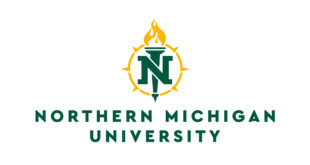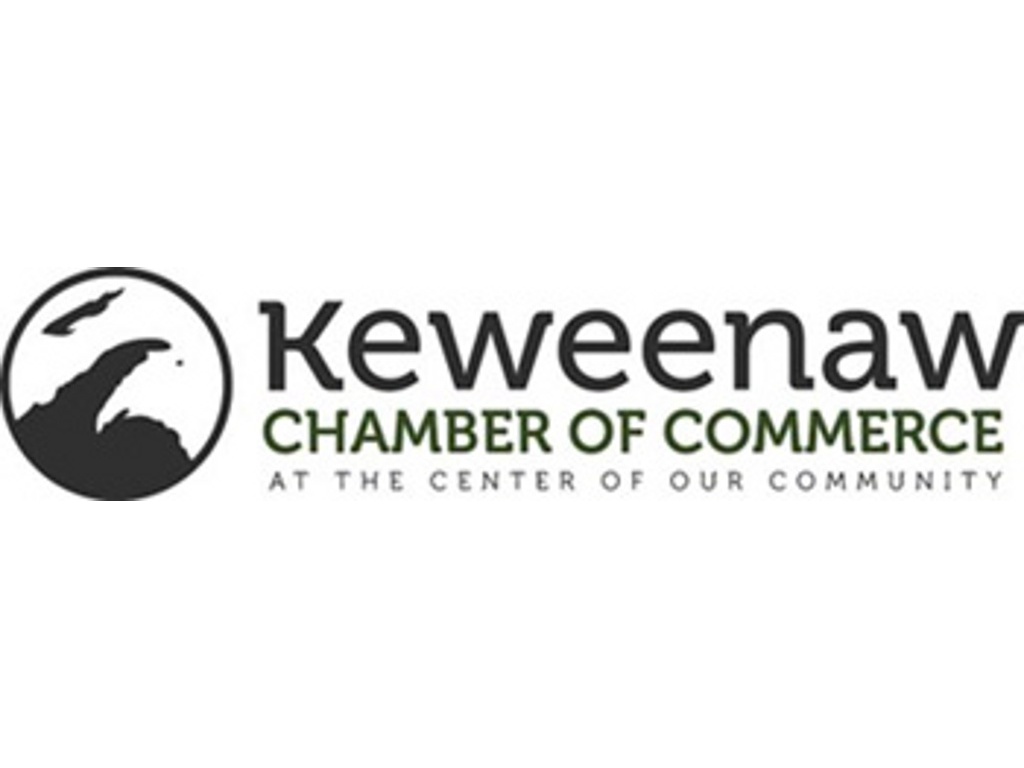A package of bills sponsored by Representative Greg Markkanen is designed to help facilitate logging trucks delivering into Wisconsin or vice versa with traffic coming into the state. All three passed out of the House Transportation Committee unanimously earlier this week.
Saw mills and wood processing facilities dot the border, the destination for much of the timber cut in the Upper Peninsula. If they are within six miles of the state line, the State Treasury will not collect fuel surcharges. This is typically granted on a reciprocal basis when sites are located near boundaries. Markkanen says it will cut down on paperwork for the industry.
Markkanen says that at a time when there is a labor shortage, helping out overextended staff makes sense.
The full release is below.
Legislation from state Rep. Greg Markkanen stepping up for Michigan’s vital foresting industry was advanced today by the House Transportation Committee.
House Bills 4976-78 allow the Michigan Department of Treasury to enter into reciprocal agreements with other states to exempt raw forest products transported into another state within 30 miles of the border from the International Fuel Tax Agreement (IFTA).
The plans address short hauls, removing burdensome requirements across state lines – notably via Wisconsin for U.P. transports.
“This legislative package will help small businesses that help move raw forest products in our region,” said Markkanen, of Hancock. “I am pleased to see these bills moving forward in the Legislature. This sector is a key economic driver for the U.P. A practical update was needed to address this issue. Other states such as Wisconsin, Iowa and Minnesota already do this, and these proposals will allow Michigan and the U.P. to be competitive.”
Motor fuel taxes are charged and collected across every state and Canadian province in North America, with IFTA serving as the mechanism to streamline and equitably hash out taxes for interstate carriers. The Department of Treasury is responsible for operating the IFTA program in Michigan.
While IFTA provides for an easy collection and implementation of each state’s fuel tax, there are some cases where reciprocal agreements to forego the process make more sense and simplify things for both haulers and state agencies.
Currently, only the Department of State has the power to enter into reciprocal agreements. Markkanen’s plan shifts this responsibility to the Department of Treasury as it is the department responsible for handling IFTA collections.
HBs 4976-78 now move to the full House for further consideration.
 Keweenaw Report Your Source for Local News and Sports
Keweenaw Report Your Source for Local News and Sports





